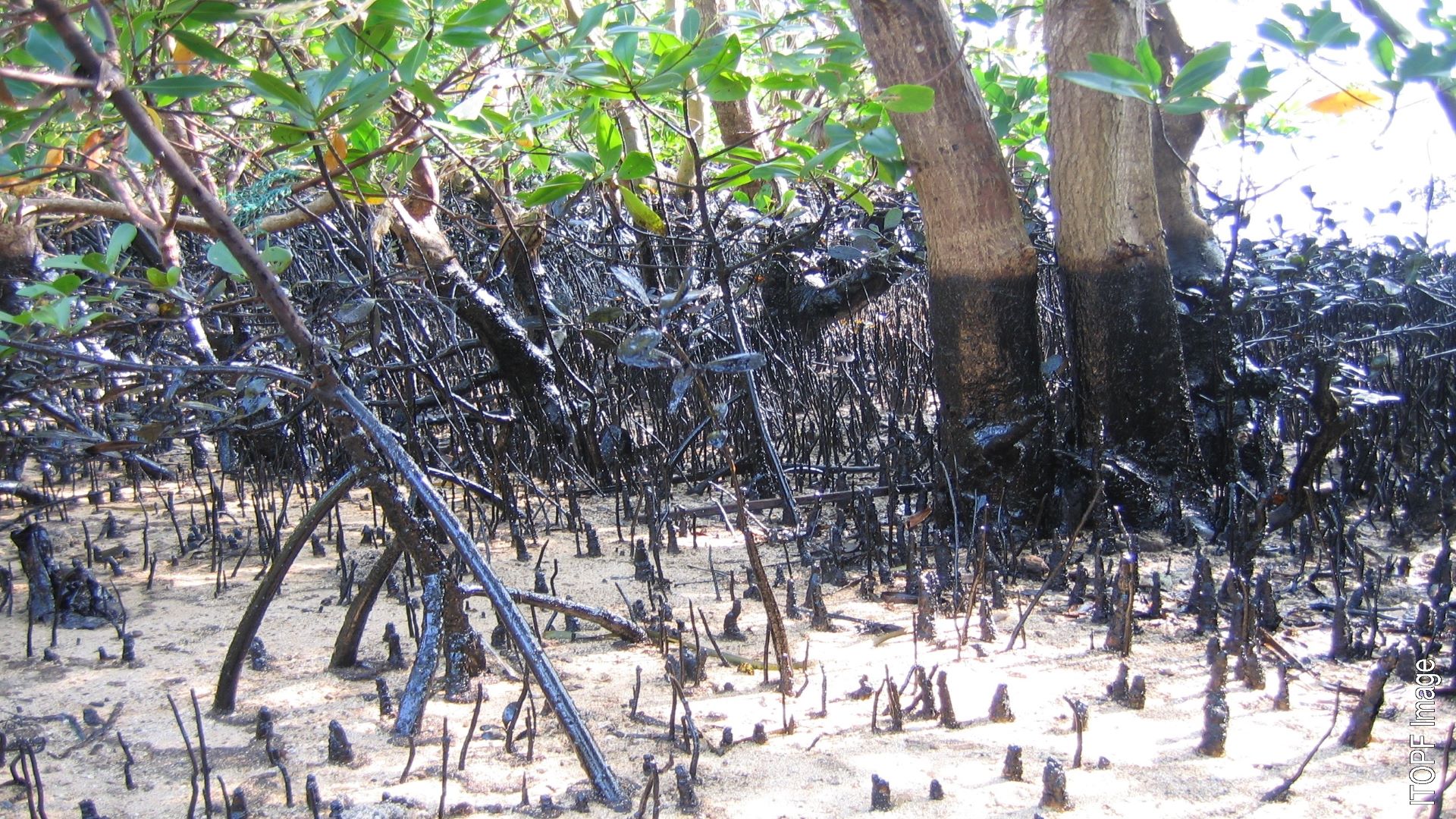A long-term change in temperature and weather pattern is referred to as “climate change.” Climate is influenced by natural factors such as volcanic eruptions, ocean currents, earth’s orbital changes and solar variations. In addition, changes in climate also occur due to anthropogenic causes for instance recent climate change is found to be driven by greenhouse gas emission. “Global warming” and “climate change” are usually used interchangeably, but global warming is one aspect of climate change. Since 1800, climate change has been unprecedented. Climate change affects the basic elements of our lives, such as direct access to water and health. Tropical diseases like dengue, malaria, yellow fever, chagas disease and cholera have become more common. These diseases are the likely outcome of climate change whose impacts are felt across the globe gradually. World is directing towards climate fluctuation day by day. Studies have reported that CO2 emission by far is the major driver of temperature rise and change in our climatic patterns. According to IPCC assessment report, last eight years were reported to be the warmest years on record. Also, the earth’s temperature has increased by approximately 0.74 °C over the past century.
Brunei Darussalam, with its long coastal line, is bordered to the north by the South China Sea and on all other sides by East Malaysia. It is a small country with a total population of 470,000 and 74% of its residents reside in cities. It is mainly dependent on the oil sector, and this sector is further being used to fulfil the energy requirements of the country. According to “Trading Economics,” Brunei’s GDP will exceed 14.43 billion USD at the end of 2023. With this GDP and its crude oil assets, Brunei is considered a wealthy country. Brunei’s primary objective is to guarantee a sustainable standard of living for its nation. In a 1998 poll by the University of Brunei Darussalam titled “The Green Perception of Bruneians,” it was revealed that 44.4% of participants were on board with the green perspective, while 28.8% disagreed with it and preferred developmental projects. The latest programme for sustainable standard of living is Wawasan Brunei vision 2035. This programme deals with poverty alleviation, economic growth, clean water, health facilities, and environmental protection for Bruneian citizens. It is important to mention here that other nations are shifting themselves to a green energy programme, and if Brunei doesn’t follow this green energy programme, it is susceptible that Brunei will lose over two third of its GDP growth.
With this industrial and economic growth, Brunei is ranked 7th according to the World Risk Report 2020, which is an indication of its vulnerability due to uncertainties brought about by climate change. In the last decade, 17 million tons of CO2 were emitted by Brunei, and with this industrial growth, 30 million tons of CO2 will be emitted by Brunei in 2035. With this perspective, carbon emission per person in Brunei is 16 tons per annum, which is higher than neighboring Malaysia, which has 4 tons of CO2 per person. Consequently, in Brunei Darussalam, the annual temperature is projected to rise by approximately 3.9 °C on average from 1990 to 2100. Brunei is responsible for 0.025% of global carbon emissions; with this ratio, it is possible that Brunei is under threat of drastic climate changes in the form of an increase in temperature and sea level rise. In the last years for instance 2020, due to extreme heat and dry weather, a 500-hectare area of forest caught fire and was destroyed; followed by, in 2021, extreme climatic events in the form of flash floods were in the Belait and Tutong districts of Brunei. Under this high emissions scenario, the heat-related deaths among elders would be 51 per 100,000 until 2080 in Brunei, while from 1961 to the 1990s, the deaths among elders due to heat were zero per 100,000.
These events are warning signs for Brunei to prepare itself for the consequences of climate change. In early 2000, Brunei’s government took fewer steps to combat climate change. After ratifying the UNFCCC and the Kyoto Protocol in 2009, Brunei’s government treaded forward on the path of climate change mitigation. In 2011, the National Climate Change Council was established, and the Brunei Darussalam National Climate Change Policy (BNCCP) was generated in 2020.
BNCCP comprises key strategies that will guide Brunei to move forward against climate change uncertainties. Ten main key guiding statements were described in the BNCCP. 1) reduction in industrial emissions; 2) increment in forest cover by planting 500,000 trees by 2035; 3) inclusion of electric vehicles in Brunei by 60% by 2035; 4) achieve renewable energy capacity to 30% of total power generated; 5) reduction of greenhouse gas emissions by 10% through better electricity management; 6) introduction of a carbon pricing system; 7) cutting municipal waste; 8) mitigation and adaptation strategies against climate change; 9) carbon reporting monthly and annual; and 10) increasing awareness and education on climate change.
If Brunei strictly follows this well-rounded plan, it can be predicted that Brunei will be able to reduce 20% of its greenhouse gas (carbon dioxide, methane, and nitrous oxide) emissions by 2030. Further, if Brunei’s 72% forest coverage is sustainably managed, it will contribute significantly to carbon sinking. According to a World Bank report, from 1990 to 2020, Brunei’s forest coverage declined from 78.4% to 72.1%.
After experiencing the harsh events of climate change in the form of storms, typhoons, flash floods and sudden weather changes, now developed nations have agreed to accept that “the climate change is real.” With the destruction caused by climate change, developed countries lose billions of dollars that affect their GDP as well. So, adopting green practices is the only solution for the whole world to cope with climate change. Brunei is mainly dependent on fossil fuels and its products, for energy and income. By strictly following the BNCCP plan, Brunei can follow the path of green energy and be part of the global shift to green practices. Lastly, civil society engagements in Brunei, especially from youth-led groups, will not only bolster the actions taken through the BNCCP but also empower future generations.


